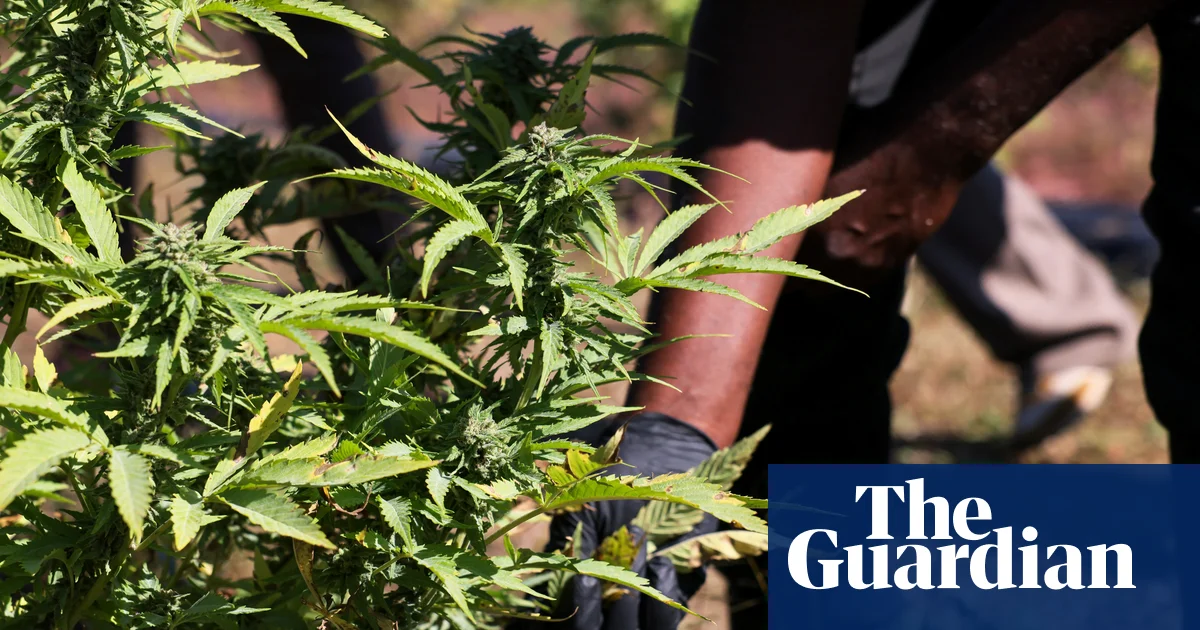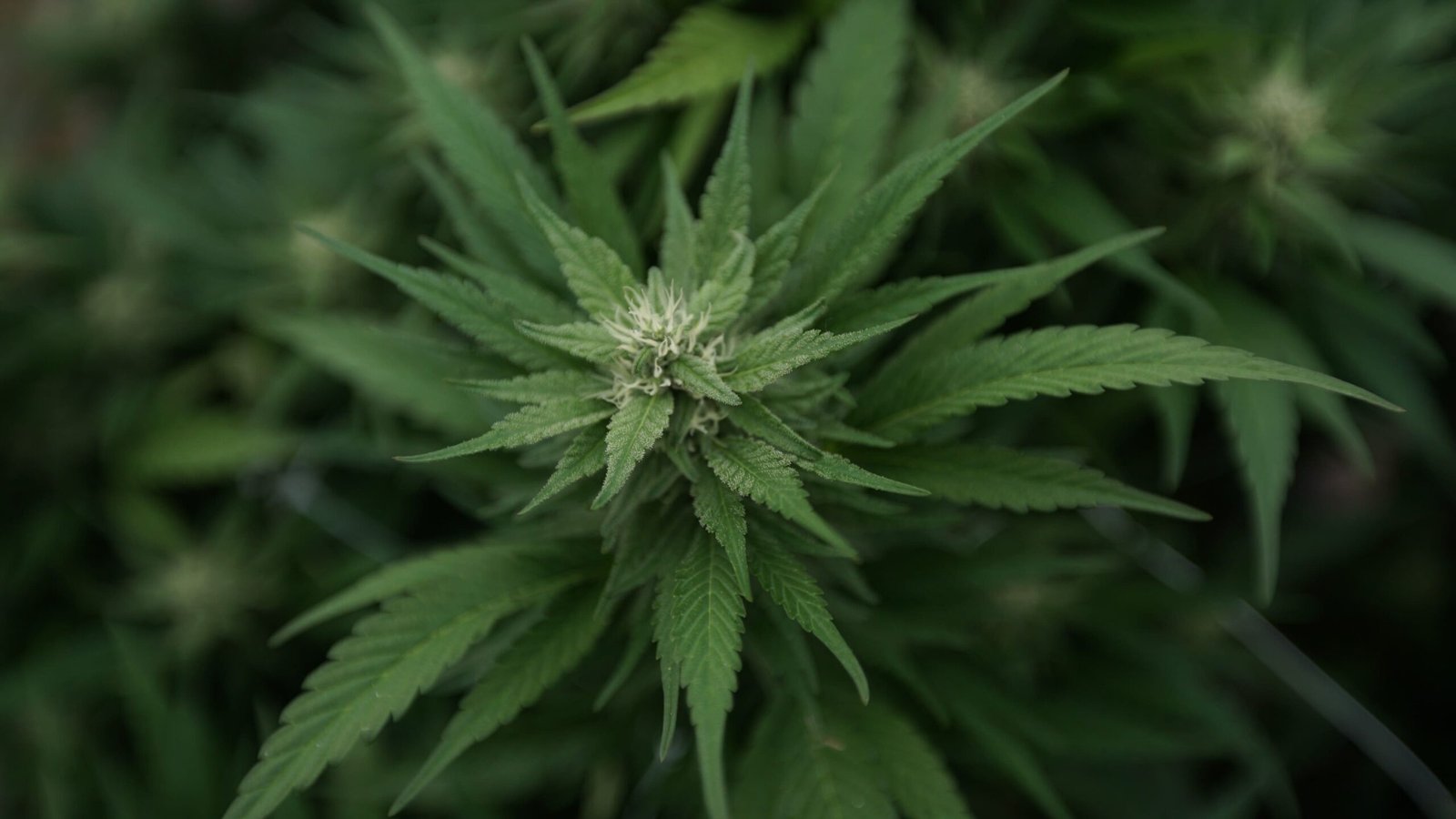Pennsylvania lawmakers are making progress toward cannabis legalization as they approach a budget deadline. Senator Sharif Street (D) announced that he is collaborating with both Democratic and Republican colleagues to draft a bill that could be approved before the June 30 fiscal deadline. Street emphasized that it is essential to establish an equitable cannabis market, particularly for communities disproportionately impacted by previous cannabis prohibition.
During a Cannabis Day event at the state Capitol, Street stated, “It is time to end the prohibition on adult-use cannabis in the Commonwealth of Pennsylvania.” He highlighted the need for provisions that would seal and expunge the records of individuals previously convicted of cannabis-related offenses. Street also underscored the importance of creating opportunities for small farmers and businesses, advocating for diversity in all areas of the cannabis supply chain.
“Black and brown communities were disproportionately affected by the war on cannabis,” he said. “We need to ensure that they benefit from the legalization market through social equity licenses and grants. The communities that suffered the most should gain from the profits of legalization.”
Street pointed out that neighboring states have already legalized adult-use cannabis, resulting in lost revenue for Pennsylvania as residents travel across state lines to purchase legal cannabis. He urged supporters to remain engaged in the legalization campaign, saying, “We are closer now than ever to passing an adult-use cannabis bill and getting it on the governor’s desk.”
Representative Emily Kinkead (D) echoed Street’s sentiments, arguing that the state should not be the primary beneficiary of a substance it had long criminalized. Kinkead stated, “We cannot legalize marijuana without considering the impacts that we have had on communities by the over-criminalization of marijuana.”
Despite progress, the legislative path remains rocky. Senate Majority Leader Joe Pittman (R) indicated that cannabis legalization might not be included in the 2026 budget, expressing doubt about meeting the upcoming deadline. However, Governor Josh Shapiro (D) remains optimistic, urging negotiators to find common ground.
Pittman criticized recent proposals for a state-run cannabis sales system, arguing that it would not effectively address the needs of the communities most affected. He stressed that a better approach involves creating a regulatory body to oversee both medical cannabis and the future adult-use market.
The legislative debate over cannabis legalization continues to expose divisions within the Pennsylvania legislature. Some lawmakers advocate for a model that prioritizes social equity, while others emphasize the potential tax revenue from legalization. House Appropriations Committee Chair Jordan Harris (D) noted the financial opportunities and revenue being lost as Pennsylvania residents spend money in legal markets of neighboring states.
Despite differing views, a recent poll indicates substantial public support for cannabis legalization in Pennsylvania, with many voters preferring a model of sales through licensed private businesses instead of state-run shops. As discussions progress, lawmakers are also considering measures to improve the oversight of the existing medical cannabis program, which has been in place for nearly a decade.
The path to cannabis legalization in Pennsylvania remains uncertain, but the ongoing dialogue among legislators suggests that a compromise could be reached before the budget deadline. Street and Representative Rick Krajewski (D) aim to revive discussions and push for a workable legislation that aligns with the realities of the cannabis market.
With bipartisan interest in moving forward and a majority of voters in favor of reform, Pennsylvania’s cannabis legalization efforts may soon see significant developments, reflecting a broader trend across the United States where states are increasingly recognizing the need to adapt cannabis policies in response to public demand and economic opportunities.



